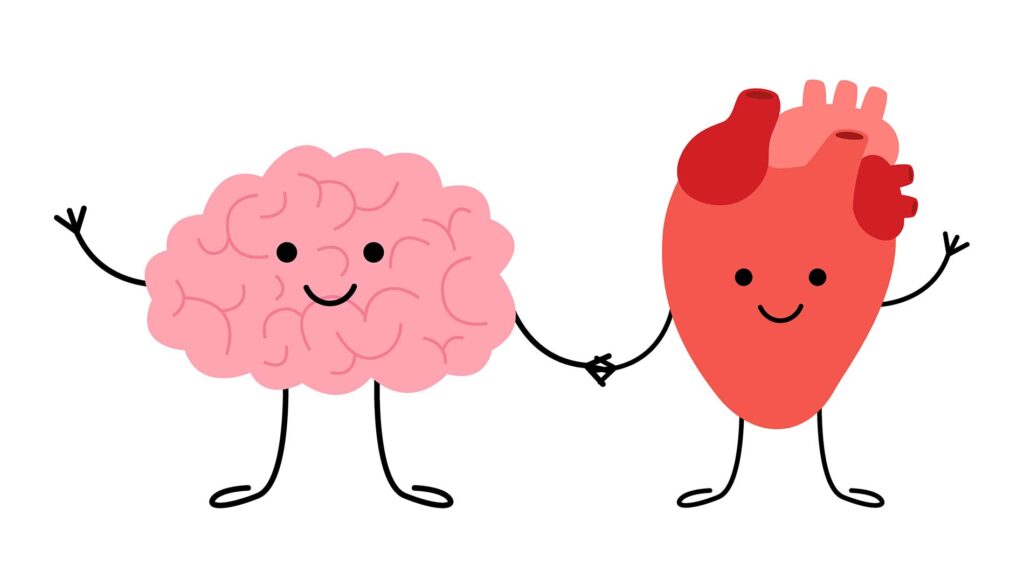While diet trends come and go, fasting is not a trend. People have been fasting for thousands of years. It’s one of the oldest and most universal human practices, often rooted in religious or spiritual rituals, but also used for health, political, or philosophical reasons. Fasting is the practice of abstaining from food for a period of time. The history of fasting is rich and can be seen throughout history in many cultures, religions, and time periods.
Fasting has become popularized recently through the means of intermittent fasting as a way for many to lose weight, but science has shown there may be a number of other positive impacts from fasting. Let’s explore these more in detail to help you determine if intermittent fasting is right for you.
What is Intermittent Fasting (IF)?

Intermittent fasting involves cycling between periods of eating and fasting, not eating. Unlike other diets that focus on what to eat, IF is more about when to eat. There are several methods, but the most common include:
- 16/8 Method: Fasting for 16 hours each day and eating all meals within an 8-hour window.
- 5:2 Method: Eating normally for 5 days of the week and limiting calorie intake to about 500-600 calories on the other 2 days.
- Eat-Stop-Eat: Involves 24-hour fasts once or twice a week.
The Science Behind Intermittent Fasting
IF can initiate autophagy, a process where cells remove toxins, damaged components, and misfolded proteins. This cellular “clean-up” is crucial for cellular health and longevity. Fasting also influences gene expression related to longevity and protection against diseases.
Additionally, IF affects several hormones that are vital for metabolism. Insulin levels decrease, which facilitates fat burning. Human growth hormone (HGH) levels increase significantly, promoting fat loss and muscle gain.
The Metabolic Effects of IF
After several hours of fasting, the body exhausts its sugar stores and starts burning fat for energy, a state known as ketosis. Fasting can improve insulin sensitivity, lowering the risk of type 2 diabetes and Short-term fasting may increase your metabolic rate, enhancing calorie burning.
Cardiovascular and Brain Health With IF

IF can improve heart health by influencing various risk factors like blood pressure, cholesterol levels, triglycerides, and inflammatory markers. Not only can you see heart health beifits from fasting, but your brain also may see positive effects. IF may increase the release of brain-derived neurotrophic factor (BDNF), supporting the growth of new neurons and benefiting brain health as well as help prevent neurodegenerative diseases like Alzheimer’s and Parkinson’s.
Pros of Intermittent Fasting
- Weight Loss and Metabolic Health: IF can lead to a reduction in calorie intake, enhancing weight loss and fat reduction. It can also improve metabolic efficiency, potentially reducing the risk of type 2 diabetes.
- Simplicity: Many find IF easier to follow than diets requiring calorie counting or strict dietary changes, as it focuses solely on eating times.
- Improved Mental Clarity and Concentration: Some individuals report enhanced focus and cognitive function while in a fasted state.
- Potential Longevity Benefits: Early research suggests that IF might improve longevity, although more studies are needed to confirm this effect in humans.
- Enhanced Physical Performance: Some athletes report improved performance and quicker recovery times when training in a fasted state.
Cons of Intermittent Fasting
- Hunger and Energy Levels: Especially in the beginning, IF can lead to hunger, irritability, and a decrease in energy levels.
- Social and Lifestyle Challenges: Adhering to fasting windows can be socially challenging, particularly during events or gatherings centered around food.
- Potential Nutrient Deficiencies: If not managed properly, IF can lead to inadequate nutrient intake.
- Not Suitable for Everyone: IF is not recommended for pregnant or breastfeeding women, individuals with a history of eating disorders, or those with certain medical conditions.
- Risk of Overeating: Some people may overeat during non-fasting periods, negating the calorie-restrictive benefits of fasting.
Is IF Right for Me?
Intermittent fasting can be a powerful tool for weight loss, metabolic health, and possibly even longevity. However, it’s not without its challenges and potential downsides. As with any diet, it’s essential to consider individual health needs and preferences. You should always consult with a healthcare provider before starting intermittent fasting, especially for those with pre-existing health conditions. Balancing IF with a nutritious diet and regular exercise is key to maximizing its benefits while minimizing risks.
Remember, if you do decide to try IF be flexible in the beginning and eat when you are hungry. You may find that IF works great for you or it may be a total no go. –


